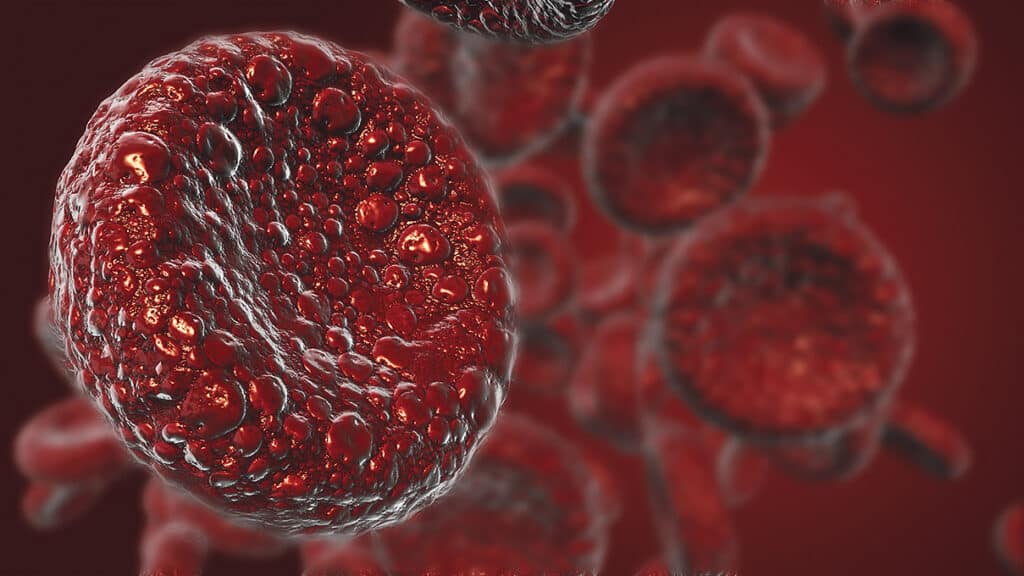
Eoin Roe, Chiropractic
Call 087 958 2362
www.eoinroechiropractic.com
Autoimmune conditions are on the rise worldwide but particularly in developed countries for reasons that are not fully understood. They are complex and there are many triggers that can contribute to their manifestation and progression.
At its most basic autoimmune conditions are caused by the immune system mistaking self- tissue as foreign and attacking it. In the literature this is known as a loss of tolerance and this is an important theme to understand when looking at autoimmune conditions, something which I will come back to later on.
Whilst there are many different autoimmune conditions; depending on the tissue target i.e. thyroid gland, nervous tissue, GI tract they fall into two main categories known as central autoimmunity and organ specific autoimmunity. Whilst the mechanism of action is the same in central conditions the target protein is present in multiple tissues of the body and therefore these conditions are more serious.
Early diagnosis of autoimmune conditions is very difficult; there is a natural propensity for these conditions to naturally flare up and calm down again. Symptoms can often be vague, varied, contradictory, seemingly unconnected or attributable to other factors. There is no autoimmune speciality within the medical profession so patients are often referred through multiple different specialities. It can take years to get a diagnosis, as this approach does not take into account the bigger picture. The lack of autoimmune speciality also affects the amount of research funding looking specifically at these conditions.
As a functional medicine practitioner, I take a particular interest in the physiological mechanisms that underpin human function. In the case of autoimmune conditions, these mechanisms are numerous.
The following is a brief outline of some the most important factors:
Triggers
The immune system has two main components the Innate and adaptive.
The innate immune system seeks out and destroy pathogens as we come into contact with them.Much of this contact with pathogens happens in the mucus membranes of our bodies, the lungs, gut, eyes, nasal-pharyngeal and female reproductive tracts. The innate immune system is very active in these areas, seeking out pathogens such as bacteria and viruses but also anything else that is considered to be foreign.
The adaptive immune system involves the development of specialised cells that learn to recognise certain proteins that the body has come into contact with before. It does this by the product of antibodies produced by B-cells and specific cytotoxic T-Cells meaning that future exposure to the pathogen is dealt with more efficiently.
Immune responses can be triggered by exposure to common pathogens like H. Pylori, gingivitis or Streptococcal, environmental toxins, chemicals and even certain food proteins.
This happens through various mechanisms such as molecular mimicry, cross reactivity and bystander activation.
As I mentioned earlier, tolerance is an important concept and this applies to factors mentioned above: Reactions to dietary proteins is known as a loss of oral tolerance, reactions to different chemicals is known as a loss of chemical tolerance; so if you find that you are reacting to lots of foods that you used to be able to eat or start feeling sick when you walk through the perfume department of a large store or when using certain cleaning products or paints, the chances are that these substances are triggering your immune system and your body is losing tolerance.
For all people suffering with autoimmune conditions, improving tolerance by removing or limiting triggers is essential.
Barrier Functions
The mucus membranes all act as barriers to stop access of unwanted proteins but they also have to allow certain things in. If we use the gut as an example; the gut is full of bacteria which are essential to good health. Bacteria can produce by-products which are not good for you, if they are allowed to cross the barrier and into your blood stream. At the same time your gut has to allow certain amino acids (building blocks of proteins) and nutrients from the food that you eat into your system.
You may have heard the term ‘leaky gut’ – this is describing the breakdown in the ability of your gut to act as a barrier and is a significant trigger for the development of autoimmune conditions.
Many people who have IBS will also have ‘leaky gut’ so if you have unmanaged gastrointestinal problems from an immune reactivity point of view this is not a good situation to be in.
Unstable Blood Sugar
This may seem unbelievably basic but is a very significant trigger for the activation of the immune system. Unstable blood sugar happens when you are either eating a diet that is too high in carbohydrates and sugars (including too much fruit) or alternatively when you are not eating enough, skipping meals and depending on coffee and other stimulants to keep going.
The immune system does not directly react to glucose (it reacts to proteins) but it is impossible for the human body to function properly if it doesn’t have a stable supply of blood glucose and that comes from the foods we eat. Unstable blood sugar can affect our energy, how well our brain functions and very importantly how well we sleep.
Sleep is a very important factor in immune system function especially for the development of T-cells including T-reg cells which help to regulate immune function.

Anaemia
Just as the body cannot function without a steady supply of glucose it cannot function well without oxygen. Anaemia happens when red blood cells are unable to carry enough oxygen around the body. There are many causes and common ones are systemic inflammation from chronic disease, autoimmune conditions, iron deficiency, B12 and other nutrient deficiencies.
Again like blood sugar, anaemia does not directly trigger the immune system but lack of oxygen affects all functions of the body, including the immune system.
Diet
The immune system reacts to sequences of amino acids (amino acids are the building blocks of proteins). This does not mean that eating a diet that includes protein-rich foods like meat and fish causes immune reactivity. There are hundreds of proteins in the diet but the immune system may only react to a few of them. Gluten is probably the most problematic protein in food and is found in wheat and other grains. Many other foods also have proteins in them, common ones that have been linked to immune reactivity are dairy, nightshades and lectins.
Immune reactivity to food is made worse if the person is suffering from ‘leaky gut’, as inappropriate sized proteins are able to get into circulation where they can cause systemic immune reactivity.
As you can see, many factors need to be considered and I hope I have been able to give you some idea of the complexity of dealing with autoimmune conditions. Unfortunately it is not possible to cure autoimmunity but it is possible to help people to feel better and manage their autoimmunity using a personalised and targeted diet, nutrition and lifestyle approach.
Eoin Roe is a certified functional medicine practitioner and chiropractor based at www.roehealth.ie Skibbereen. Please feel to make contact through the website or call 028 62081.


